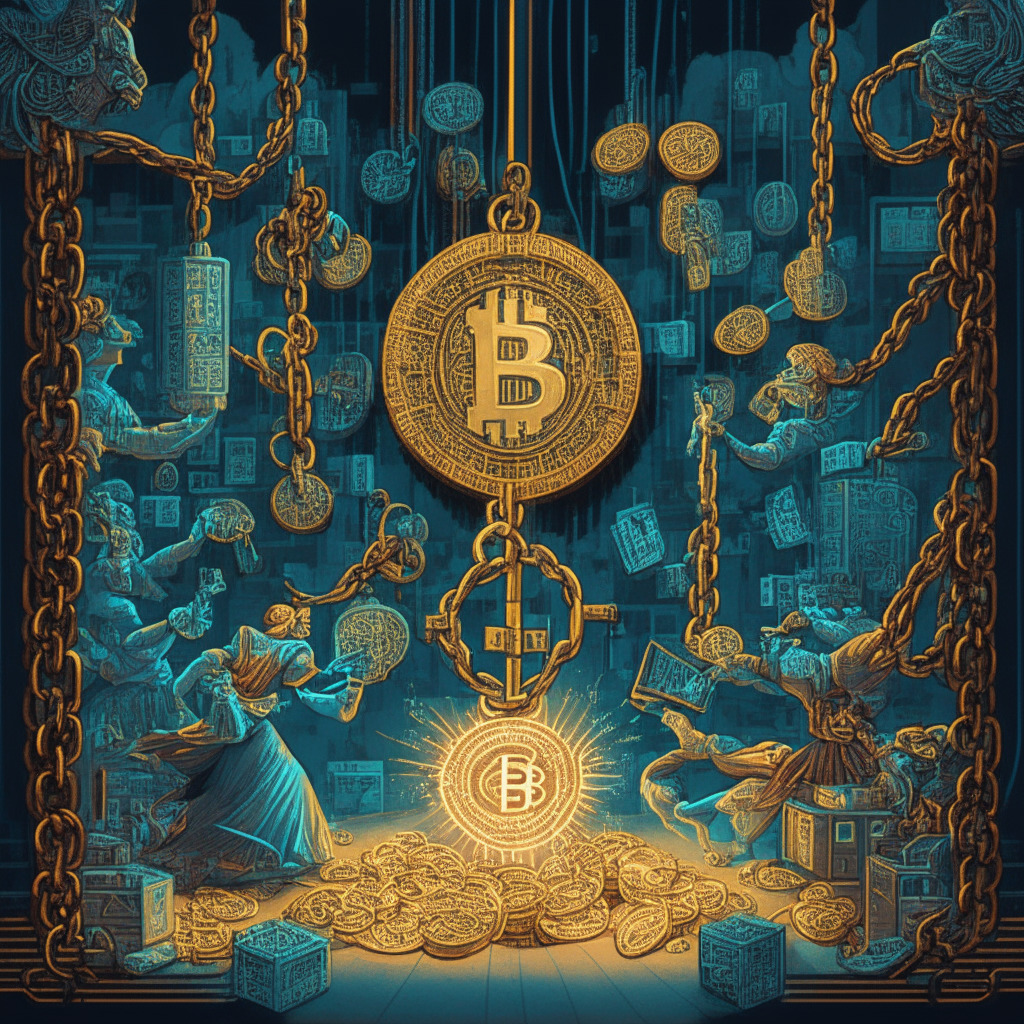It is an undeniable truth that the technological revolution of the blockchain has sent shockwaves throughout the financial sector and disrupted conventional financial procedures. But as more individuals and entities surge into the decentralised horizon, one cannot ignore the growing necessity for a regulatory curtain. So the question is, how will the regulators respond to the advent of this novel, overwhelming technology? And what implications could this future regulation landscape hold for blockchain market participants?
Quoting from a compelling piece in Cointelegraph, there’s a rising acknowledgement among nations and their respective financial authorities that regulations must not stifle the growth and innovation nurtured by blockchain technology. This perspective could indicate a rather supportive standing from the regulators, yet at the same time, it also brings about a sense of cautious skepticism.
Why skepticism one may ask? In simple terms, regulations serve as a means of protection to investors from potential market manipulations and fraudulent schemes that can accompany an overtly decentralized market. Things can easily go south without the necessary scaffolds in place. Unfettered exploitation of Blockchain’s anonymity cannot be entirely overlooked and it’s here that the need for regulation permeates.
On the other hand, overregulation might end up choking the very freedom that enables the blockchain world to flourish. The primary appeal of blockchain technologies lies in their inherent ability to provide a decentralized, secure, tamper-proof system, outside the realm of government control. Enter excessive regulation, and this liberty shrinks. Overzealous oversight could indeed manifest as an inhibiting factor, slowing down the pace of technological advancement.
So, where should the balance lie? The crux of the matter is not whether the blockchain should be regulated, but instead about striking the right balance. Be it the virtual currencies including the popular BTC, or the galaxy of Decentralized Finance applications (DeFi), the appropriate regulatory framework would be one that manages to provide adequate investor protection without strangulating the vivacious elements of blockchain innovation.
The very future of the blockchain depends on this fine ballet between regulations and innovation. The two spheres must learn to co-exist, so that the best interests of both the market participants as well everyday users are served without compromising on the inherent potential of this technological marvel.
Source: Cryptonews




